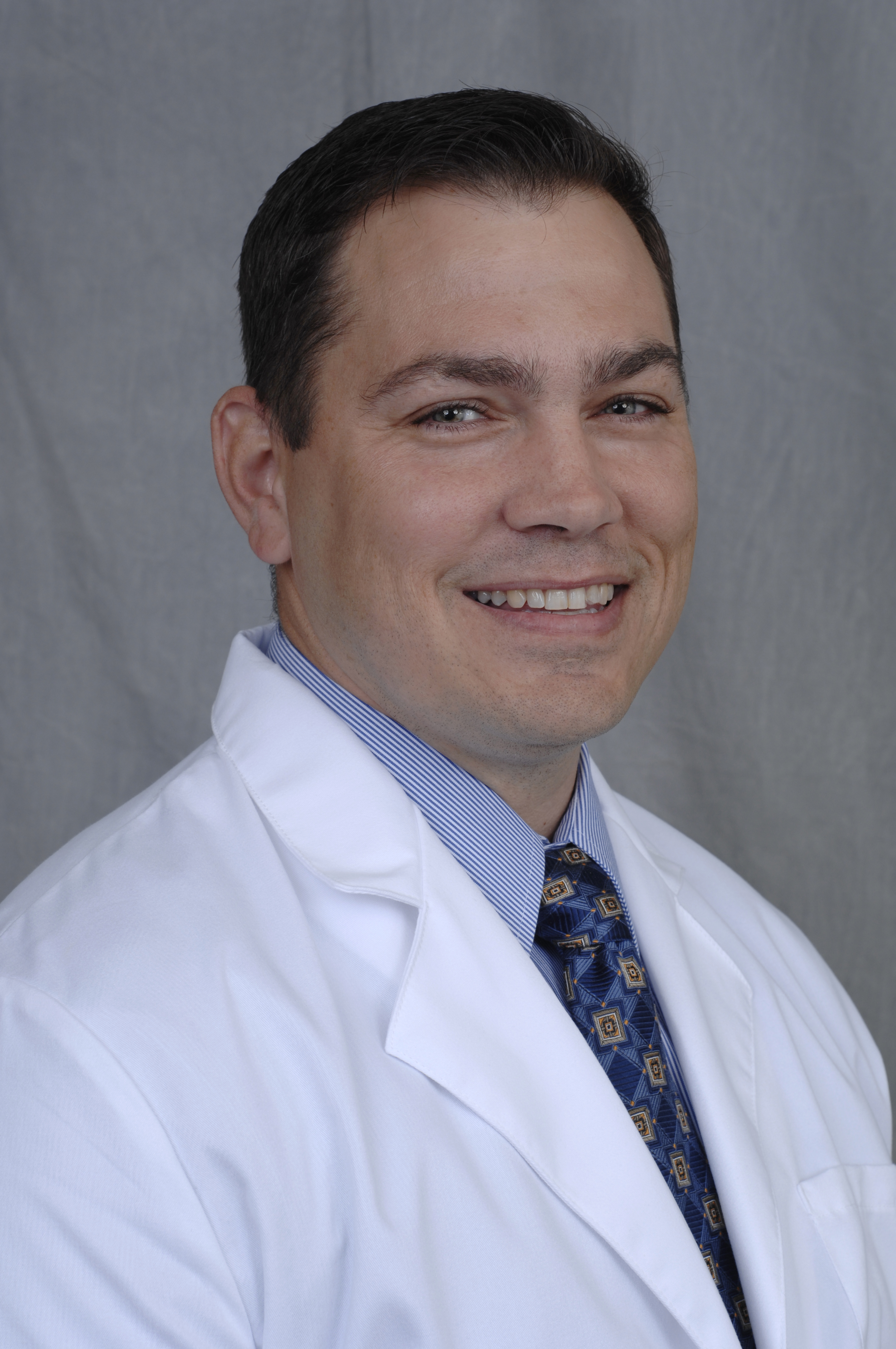Obesity rates 'far too high'
Friday, January 1, 1904
BY THE NUMBERS
2011 adult obesity rate• Alabama 32 percent, ranked 4th nationally• Tennessee 29 percent, ranked 15th nationally• Georgia 28 percent, ranked 24th nationallySource: Centers for Disease Control and Prevention
Tennessee, Georgia and Alabama all saw a drop in their adult obesity rates last year, but that's likely because of a difference in collecting the data rather than an actual change in the number of obese people, according to data released Monday.
Mississippi remained in the top spot with nearly 35 percent of its adults considered obese while Colorado remained lowest at nearly 21 percent, according to information from the Centers of Disease Control and Prevention. States in the South and Midwest continued to have the highest rates of obesity -- calculated as anyone with a body mass index of more than 30.
"Comparisons aside, we still have this problem of a lot of obesity and rates that are far too high," said Jeff Levi, executive director at the nonprofit Trust for American's Health.
The data released Monday comes from the 2011 Behavioral Risk Factor Surveillance System, which is self-reported data collected by randomly calling people to ask them about various behaviors. In the past, those gathering the information have only called people on land lines, but this year the survey included data from cellphone users, according to the CDC.
Levi noted that the 2010 National Health and Nutrition Examination Survey, which is done at a national level and includes weights and measurements of survey participants, shows obesity rates may be stabilizing slightly at a national level.
However, a Chattanooga doctor said the rate of obesity -- about one-third of all Americans -- may be slowing simply because it is reaching a saturation level.
"The rate of increase is going to slow at some point," said Dr. Chris Sanborn, director of the Erlanger Metabolic and Bariatric Surgery Center. "Some people are just never going to be obese."
Dr. Gregory Heath, assistant provost in the Health and Human Performance Department at the University of Tennessee at Chattanooga, said public awareness about diet makes a difference, but he thinks there needs to be more emphasis on an active lifestyle to promote overall health.
Any measurable changes in obesity rates will take years, probably even decades to show up, he said.
"You have to have patience. Public health is a slow science," he said. "There are some indicators we are moving in the right direction."
Contact staff writer Mariann Martin at mmartin@timesfreepress.com or call 706-980-5824.
